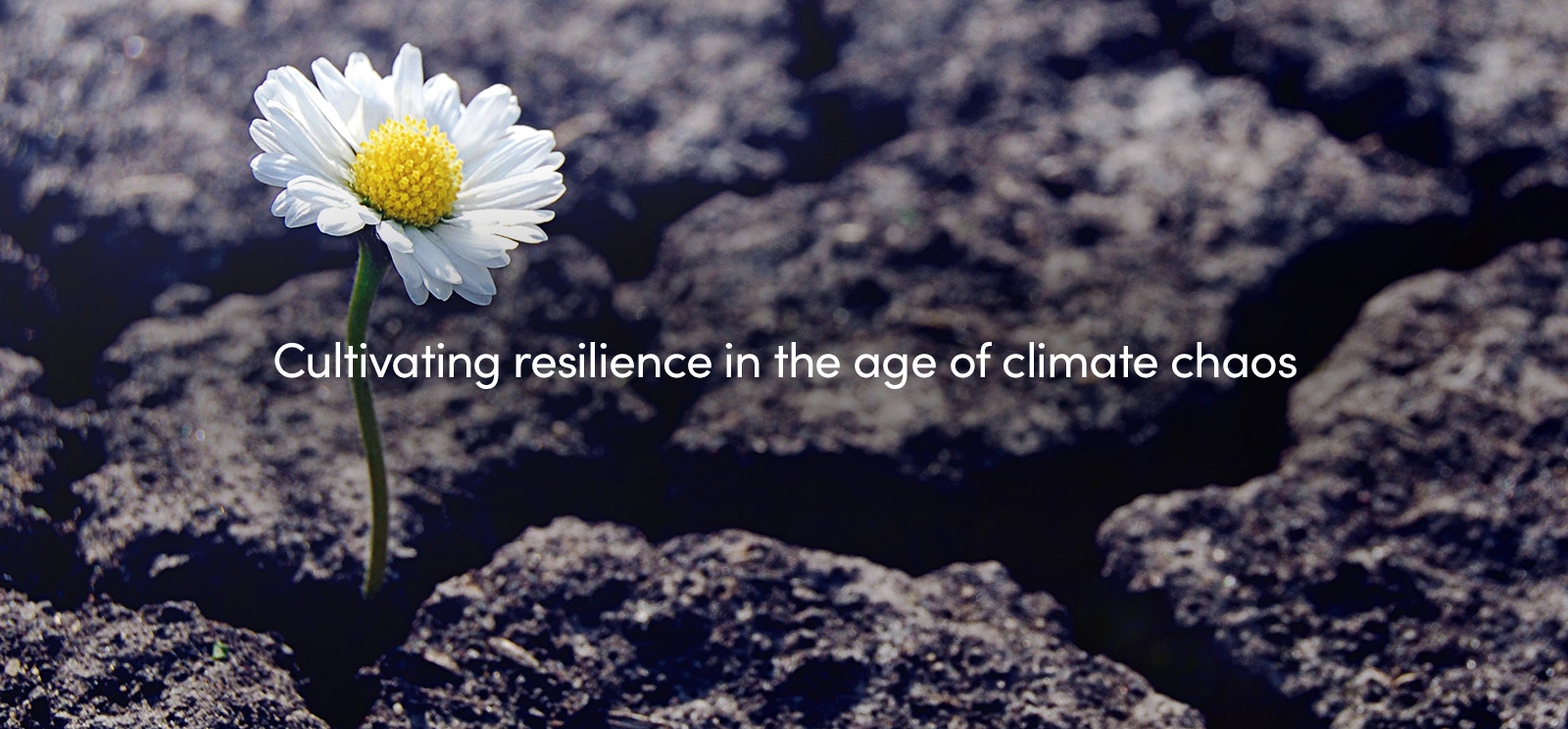Beyond eco-anxiety: How climate change affects your mental health
Jessica Kleczka

Dreading the future: Eco-anxiety

Losing home, one day at a time: Solastalgia

Between loss and acceptance: Climate grief

Cultivating resilience in the age of climate chaos

So, how do we cultivate resilience in the face of perpetual crisis?




